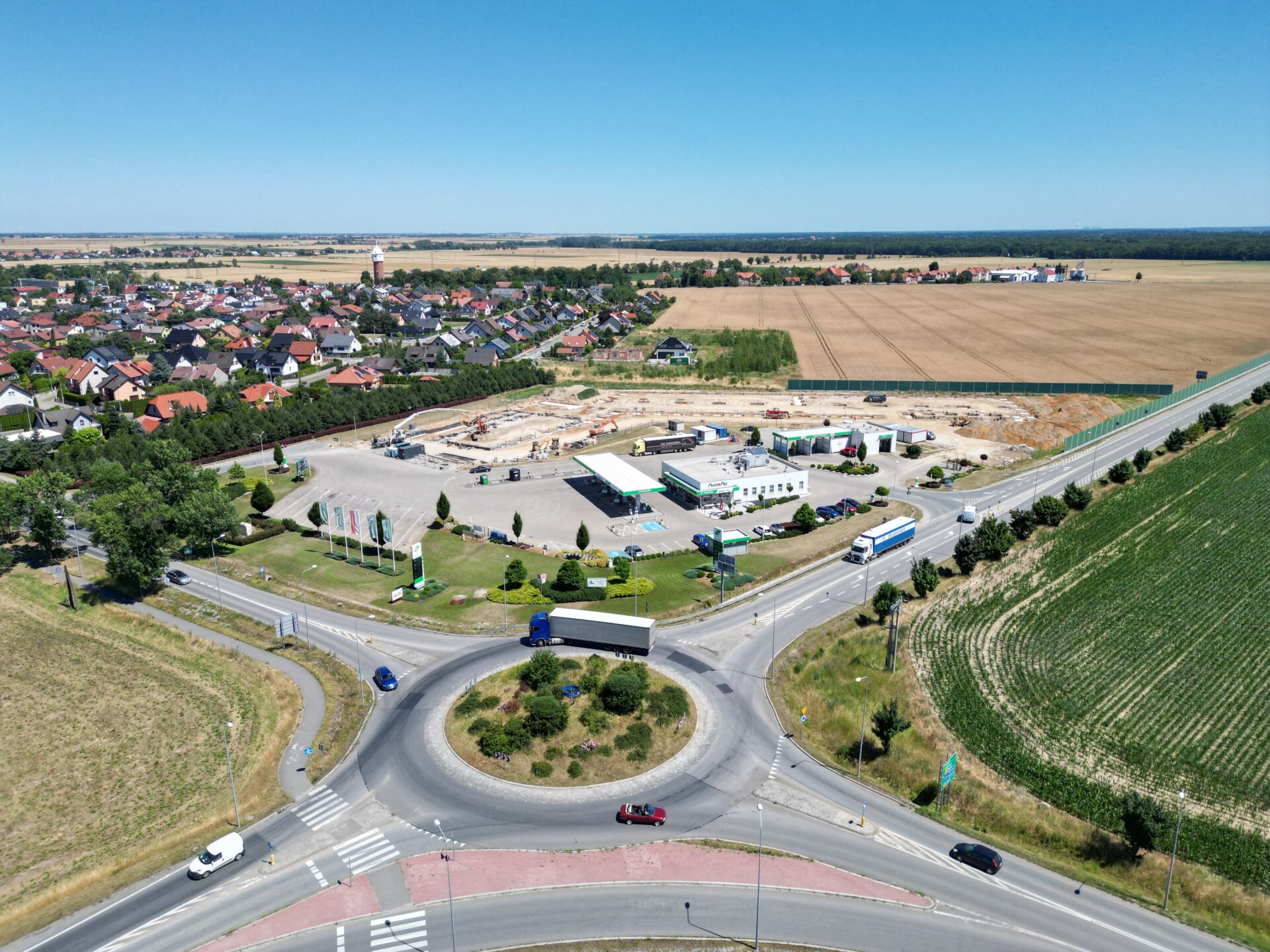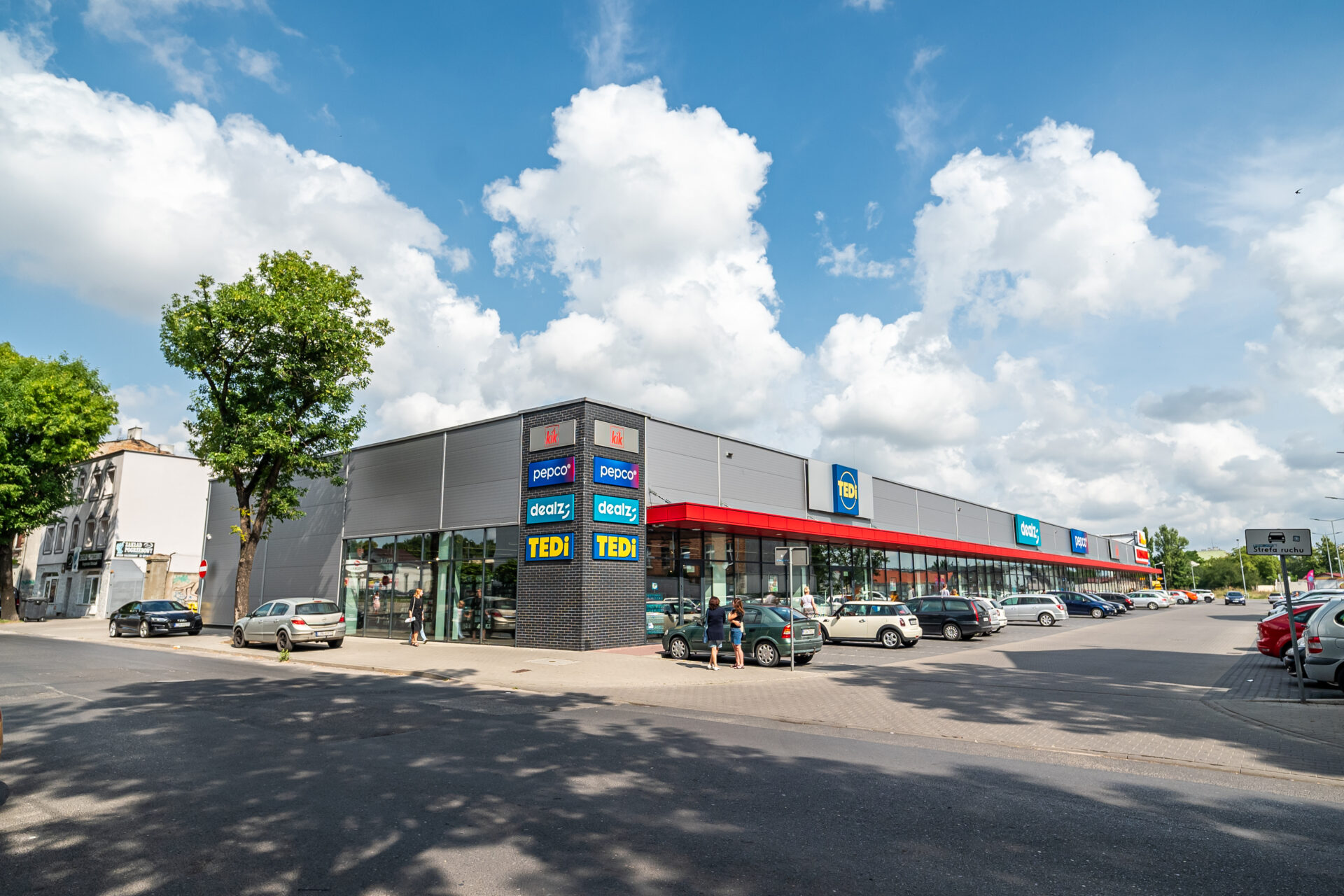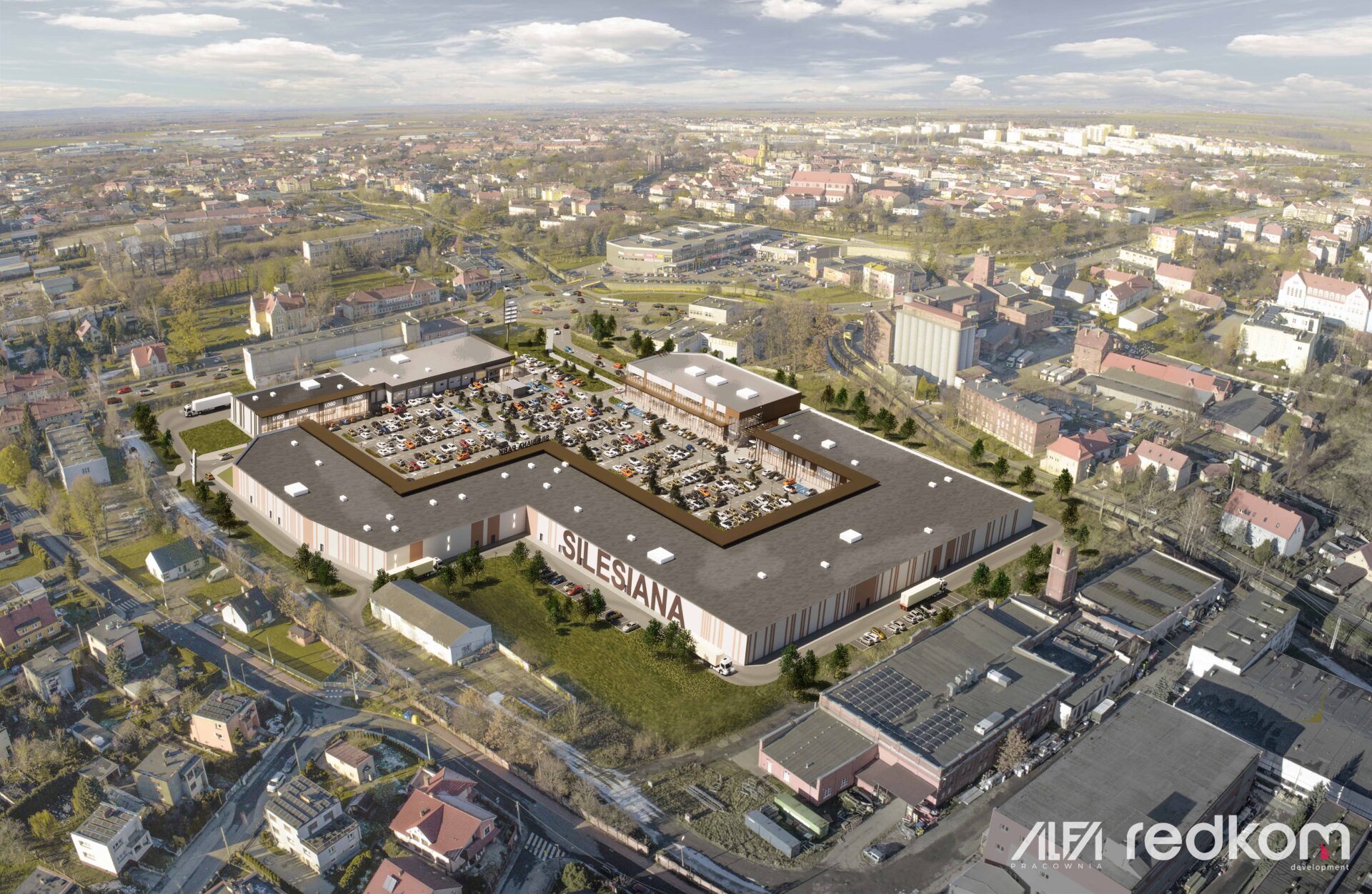This year’s edition of MAPIC, the premier international retail real estate event, will prioritize sustainability as a key conference theme. With global retailers under continued pressure to embrace the sustainability agenda, MAPIC 2024 will showcase the innovative approaches and sustainable practices that are reshaping retail.
The retail sector is a significant contributor to global carbon emissions, accounting for approximately 10 percent of all emissions. In response, retailers are adopting sustainability not just as a compliance measure but as a core business strategy to attract consumers and reduce their environmental footprint.
The aim is to offer retailers a clear and tangible pathway to success, highlighting the tools, services, and activities that can ensure their sustainability goals are met.
Sustainability at the Core of MAPIC 2024
Ahead of this year’s event, MAPIC has launched a proprietary white paper, “Innovation: Getting Physical in the Age of Technology.” The paper provides an in-depth look at how sustainability is becoming integral to the retail industry. As regulatory demands and consumer expectations for environmentally responsible practices grow, retailers are increasingly adopting sustainable solutions to meet these challenges.
Key Sustainability Initiatives
Blockchain for Supply Chain Transparency: The white paper details how retailers are using blockchain technology to enhance supply chain transparency. Waitrose, for example, employs blockchain to track the journey of products from farm to fork, ensuring ethical sourcing and promoting consumer trust.
Smart Packaging Solutions: Innovations in packaging are playing a crucial role in reducing waste. Retailers are introducing smart packaging that incorporates digital technologies to provide detailed information about product origins, ingredients, and recycling instructions. German discount retailer Aldi has been at the forefront of this movement, enhancing the sustainability of its private-label products.
Renewable Energy Initiatives: Renewable energy is a major focus for retail sustainability. Companies like IKEA and Lidl are investing heavily in solar energy, installing solar panels on store rooftops and car parks. These initiatives not only lower electricity costs but also significantly reduce carbon emissions. The Polygone Riviera shopping centre in France and the Thier-Galerie in Germany are prime examples of how retail spaces are integrating solar panels to generate clean energy.
EV Charging Stations: The installation of electric vehicle (EV) charging stations is another critical aspect of sustainability in retail. Supermarket chains like Lidl are rolling out EV charging stations across Europe, providing customers with convenient access to clean energy while they shop. The Mall of Scandinavia near Stockholm powers its EV charging stations using solar energy, showcasing a comprehensive approach to sustainability.
Water Conservation Efforts: Retailers are also focusing on water conservation. Zara, for instance, has implemented advanced water recycling and treatment technologies in its manufacturing facilities, significantly reducing water consumption and wastewater discharge. These initiatives are part of a broader effort to minimize environmental impact and promote sustainable practices throughout the supply chain.
The Circular Economy Movement
The white paper highlights the growing importance of the circular economy in retail. Platforms like Vinted are leading the charge, promoting the sale of second-hand fashion and reducing waste. Major retailers such as H&M and Burberry are also embracing this trend, offering second-hand and vintage collections alongside new products. This shift not only addresses sustainability but also caters to the growing consumer demand for eco-friendly and unique shopping options.
As Lynne Walker, Primark Cares Director, says, “It’s about a mindset change trying to get people to understand what we actually mean by circular has been a struggle and an opportunity. It’s about re-educating from within and we had to start that first with our product teams.”
MAPIC 2024: A Hub for Sustainability Innovation
MAPIC 2024 will provide a platform for discussing and showcasing these sustainability innovations. The expanded Sustainability Lab area will bring together experts in environmental, social, and governance (ESG) practices to share insights and solutions. Participants will have the opportunity to engage with thought leaders and explore partnerships aimed at addressing the environmental challenges facing the retail industry.
Francesco Pupillo, Director of MAPIC, emphasizes the importance of sustainability in today’s retail landscape: “As the retail industry evolves, sustainability is no longer an option but a necessity. MAPIC 2024 will highlight the innovative solutions and practices that are driving this transformation, making it a must-attend event for anyone committed to creating a sustainable future for retail.”
Supporting White Paper
The white paper, “Innovation: Getting Physical in the Age of Technology,” offers a comprehensive analysis of how sustainability is transforming retail. It examines the role of digital technologies in promoting sustainable practices and provides case studies of leading retailers who are at the forefront of this movement. The white paper is available for download here: https://www.mapic.com/en-gb/wp-ai-sustainability.html
This year’s MAPIC takes place in Cannes from 26-28 November and will be attended by around 5,000 delegates from the global retail real estate industry.







